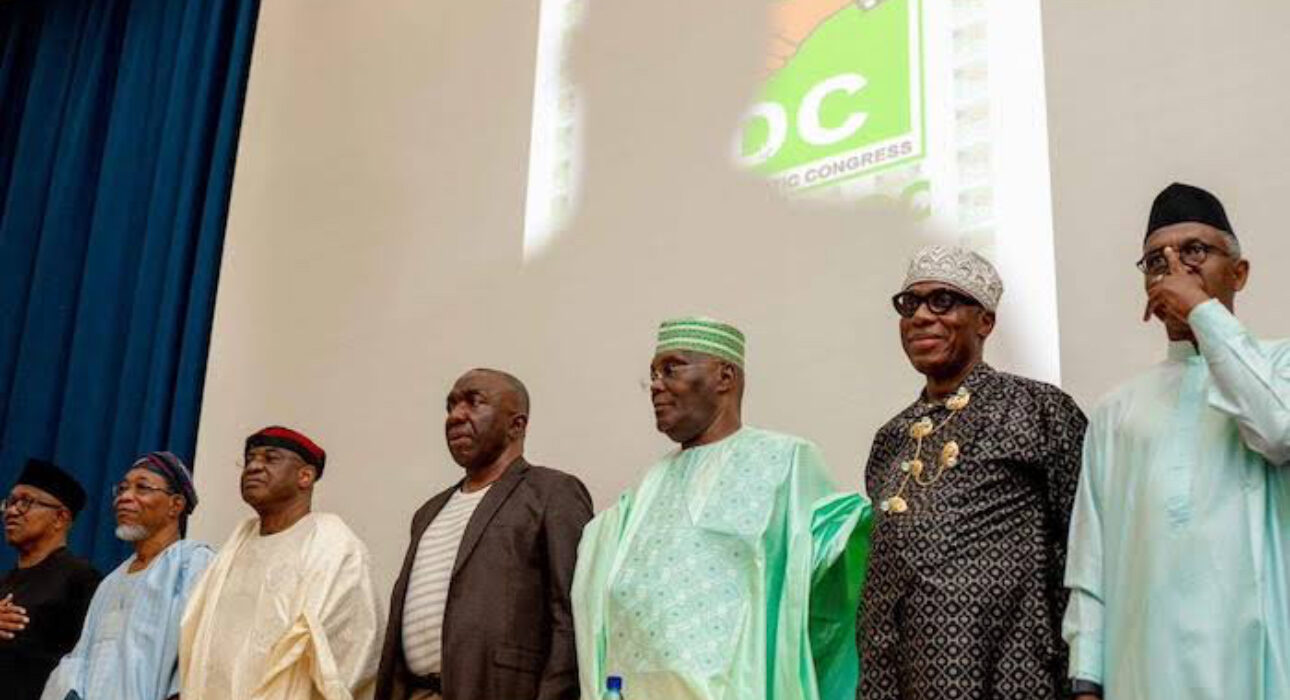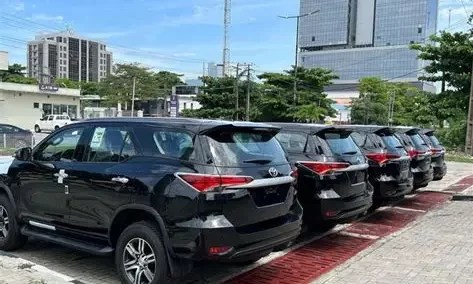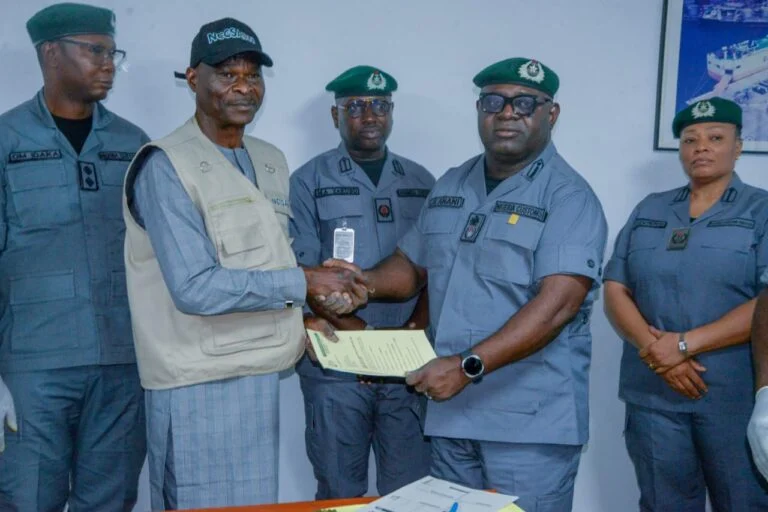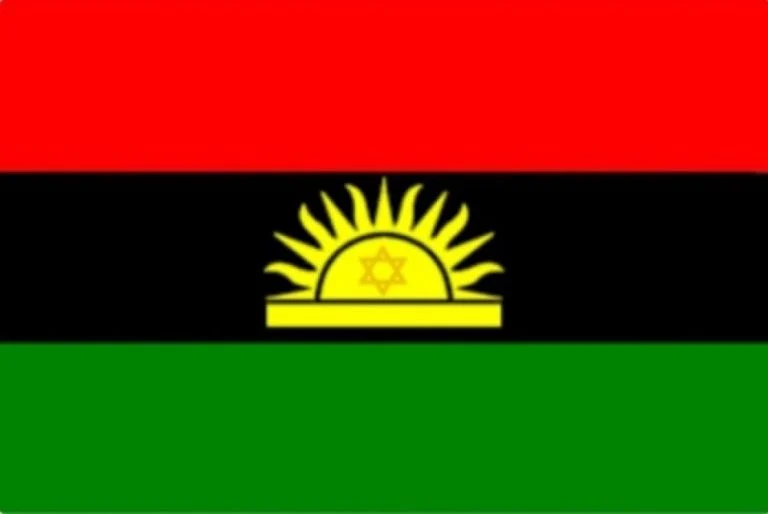ADC Not Genuine Coalition, Insists Bola Bakare, Labels It Gathering of Individuals

Amid ongoing political realignments ahead of the 2027 general elections, political strategist and public affairs analyst Bola Bakare has openly criticized the emerging coalition adopting the African Democratic Congress (ADC) as its political platform.
Speaking on Arise News’ programme NewsDay, Bakare declared that the ADC lacks the structural foundation required to be classified as a true political coalition, describing it instead as a “coalition of people, not parties.”
According to Bakare, historical political coalitions in Nigeria were formed through agreements between established political parties with defined structures and ideologies. He referenced the alliances between the Northern People’s Congress (NPC) and the National Council of Nigeria and the Cameroons (NCNC) in 1959, and later between the NPC and the Nigerian National Democratic Party (NNDP) in 1964, as examples of coalitions that were built on mutual party structures—not merely on the convergence of individuals.
He argued that the current arrangement within the ADC fails to meet that standard. In his words, while the ADC may now serve as the platform for a group of notable political actors, it is not supported by an alliance of functioning political parties. Instead, it appears to be more of an assemblage of people with individual ambitions and ideological leanings rather than a structured political front rooted in party alliances.
“You don’t come into an estate without owning a house,” he said, metaphorically underscoring the absence of party ownership or solid participation in the so-called coalition.
Bakare’s comments come as opposition figures have begun to regroup in anticipation of challenging the ruling All Progressives Congress (APC) in 2027.
The ADC, which has been adopted by several prominent political actors under a new coalition movement, has positioned itself as the alternative platform to champion reform and challenge the political status quo.
The party’s leadership has repeatedly maintained that it is undergoing internal reforms to accommodate the emerging coalition and present a united front.
However, Bakare’s remarks highlight a growing skepticism among political analysts about the long-term viability of such a loosely assembled formation. Without the backing of organized party systems and a unified structure, critics argue, the coalition risks being politically unstable or ineffectual in the face of Nigeria’s complex electoral dynamics.
His remarks are likely to provoke further debate within opposition circles, many of whom have welcomed the recent momentum toward forming a united front but may now be forced to address concerns about structural legitimacy and internal cohesion.
As 2027 approaches, the struggle to establish not just a symbolic alliance but a functional and sustainable political coalition may determine whether this emerging bloc can pose a credible challenge at the polls.









